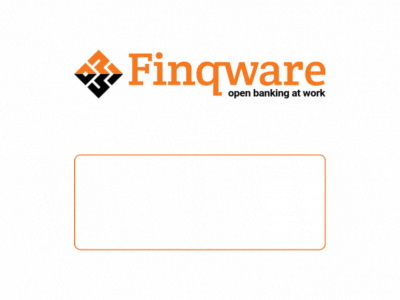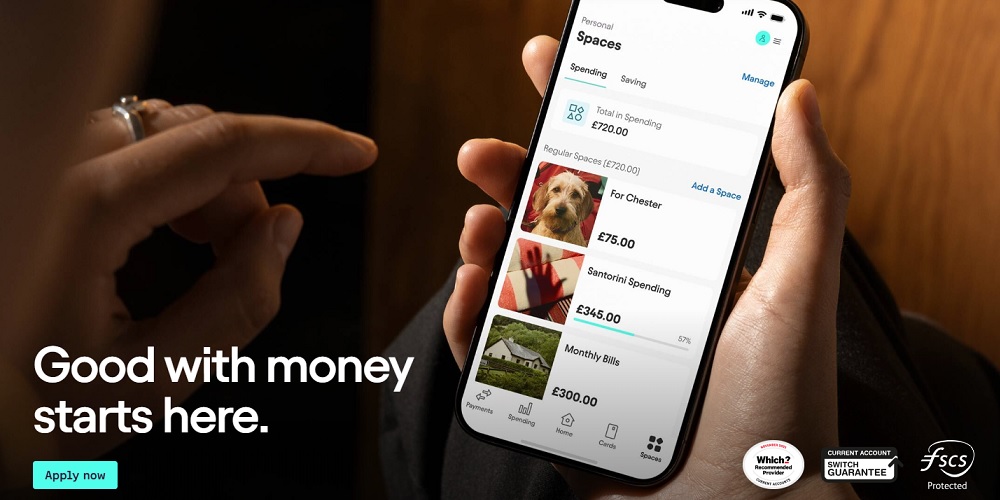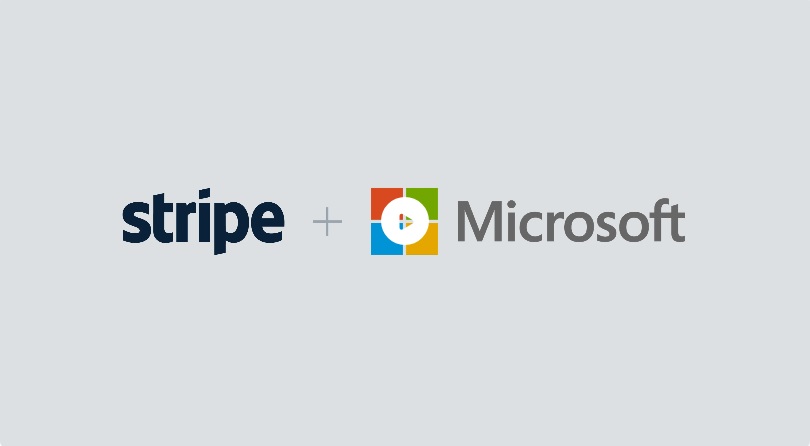Mobey Forum: Open Banking APIs offer significant monetisation potential for banks. It’s a „billions-per-year” opportunity. The topic will be analyzed at the Banking 4.0 international conference.

Considerable opportunities exist for banks to monetise their APIs for both internal and external-facing use cases, according to a report released by Mobey Forum’s Open Banking Expert Group. Based on a year-long research study, the report leverages the expertise of open banking experts across leading Tier One banks and global institutions.
The research initiative behind the Expert Group’s report, entitled Monetisation of Open Banking APIs, set out to answer the questions ‘Can Open banking APIs be monetised?’ and ‘If yes, how best to do so?’. Based on its findings, the group determined that significant monetisation opportunities exist beyond those initially expected and, most notably, many of these opportunities are for ‘internally facing’ use cases, which present lower risk and higher return.
According to the report, the simplest business case for banks is through direct monetisation of so-called Premium APIs, which involves charging third parties for access and use of a bank’s APIs beyond the standard free offerings required by, for example, compliance to the EU’s PSD2 regulation. The research found that this type of direct, external-facing monetisation can enable banks to recover the cost of creating and publishing core compliance APIs, and that increasing the number of products available via APIs, together with offering enhanced performance levels, generates significant monetisation opportunities. Internally, use of APIs can facilitate the sharing of data across otherwise siloed departments within a bank that leads to efficiency gains.
“The findings of the Open Banking Expert Group’s research could not come at a more important time,” comments Elina Mattila, Executive Director, Mobey Forum. “Economic pressures, dwindling profit margins and increasing compliance and regulatory requirements mean that banks are searching for new ways to increase revenue with value-added services. The monetisation of APIs can help banks unlock new efficiencies and generate new revenue streams. Yes, the monetisation use cases explored in the report are still in their infancy. Nonetheless, they still represent billions per year to the medium to large bank segment.”
Kristian T. Sørensen, Partner at Norfico and Co-Chair of the Open Banking Expert Group, adds: “The opportunities for monetisation – while hugely exciting – are still only the beginning. As banks expand their APIs to enable access to richer sets of data, their potential to monetise grows exponentially, in line with the growth in available data combinations. It’s important for banks to embrace this opportunity; it will expand both the utility and the value of the Open Banking ecosystem for all.”
The report contends that open banking, currently limited to payment accounts in many jurisdictions, should be seen not only as the first step towards richer use cases, but also as a step toward the broader, overarching goal of Open Finance and Open Data.
To create the report, the Open Banking Expert Group conducted a series of workshops exploring the types of problems or market needs potentially large enough to consider solving via open banking. The group then mapped the types of data that could be used to solve these problems before exploring how these data assets can be brought together to create realistic monetisation opportunities.
Download the report in full, here
Dariusz Mazurkiewicz – CEO at BLIK Polish Payment Standard
Banking 4.0 – „how was the experience for you”
„To be honest I think that Sinaia, your conference, is much better then Davos.”
Many more interesting quotes in the video below:












